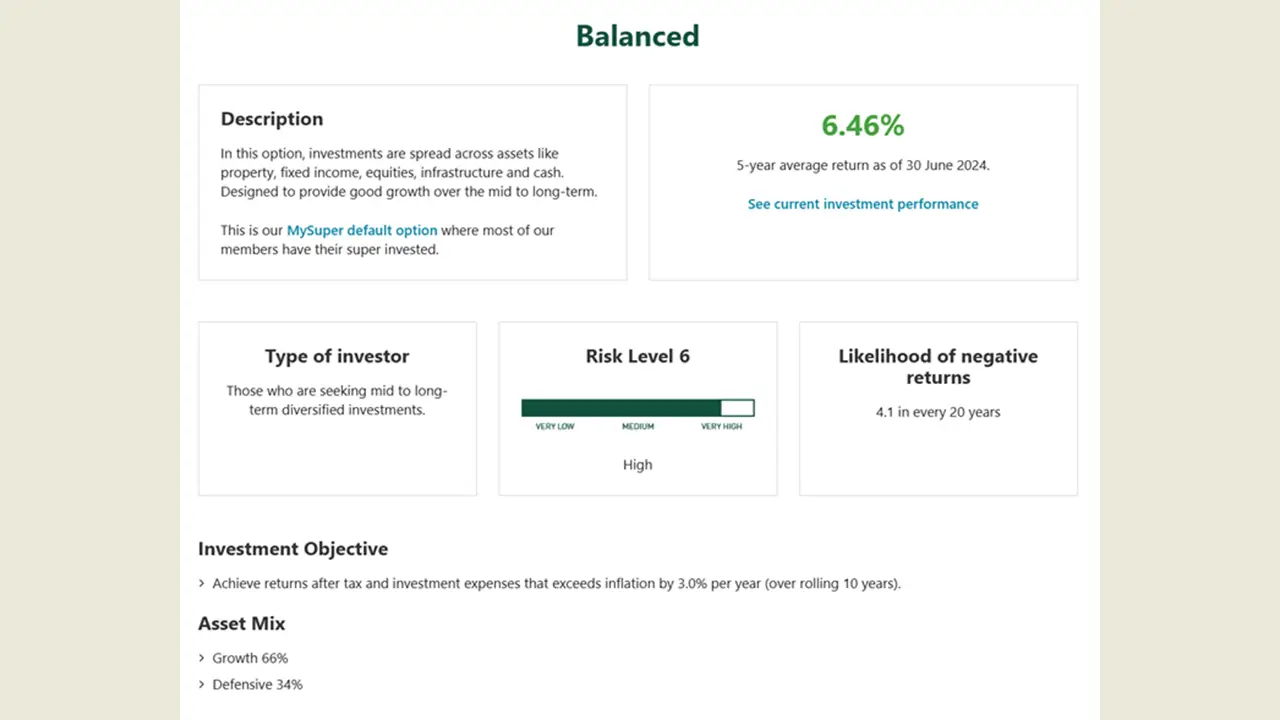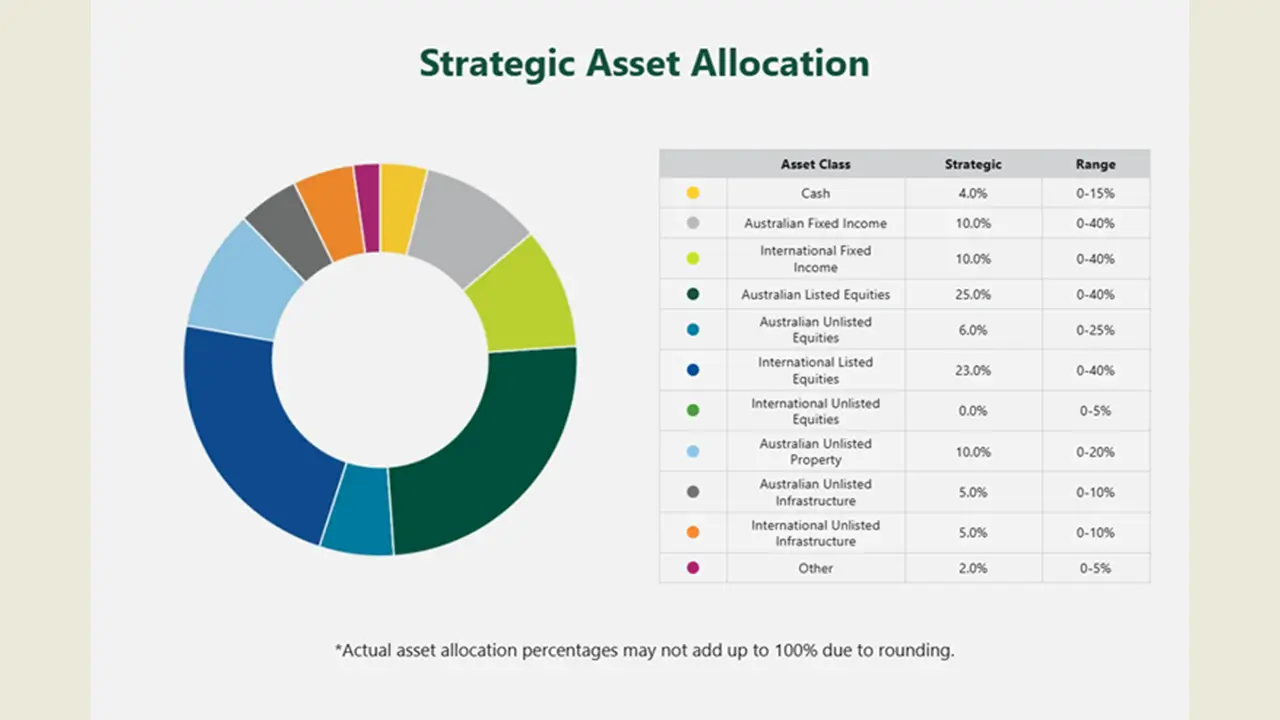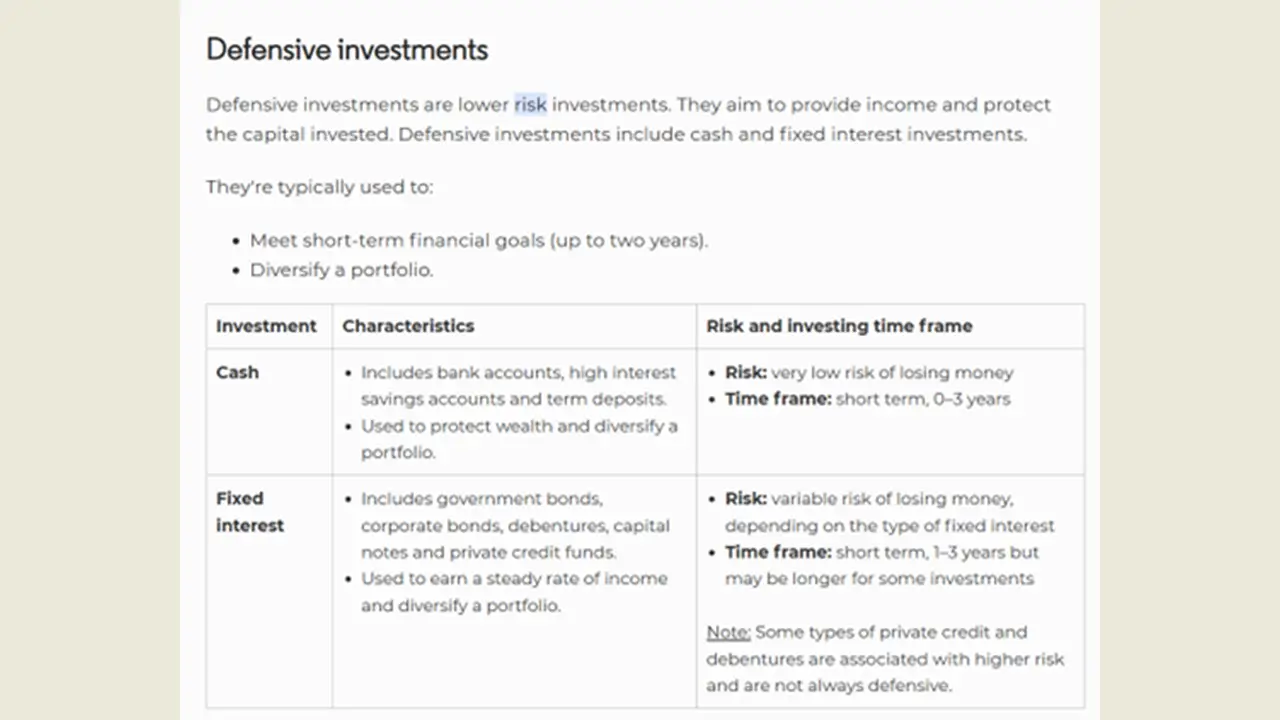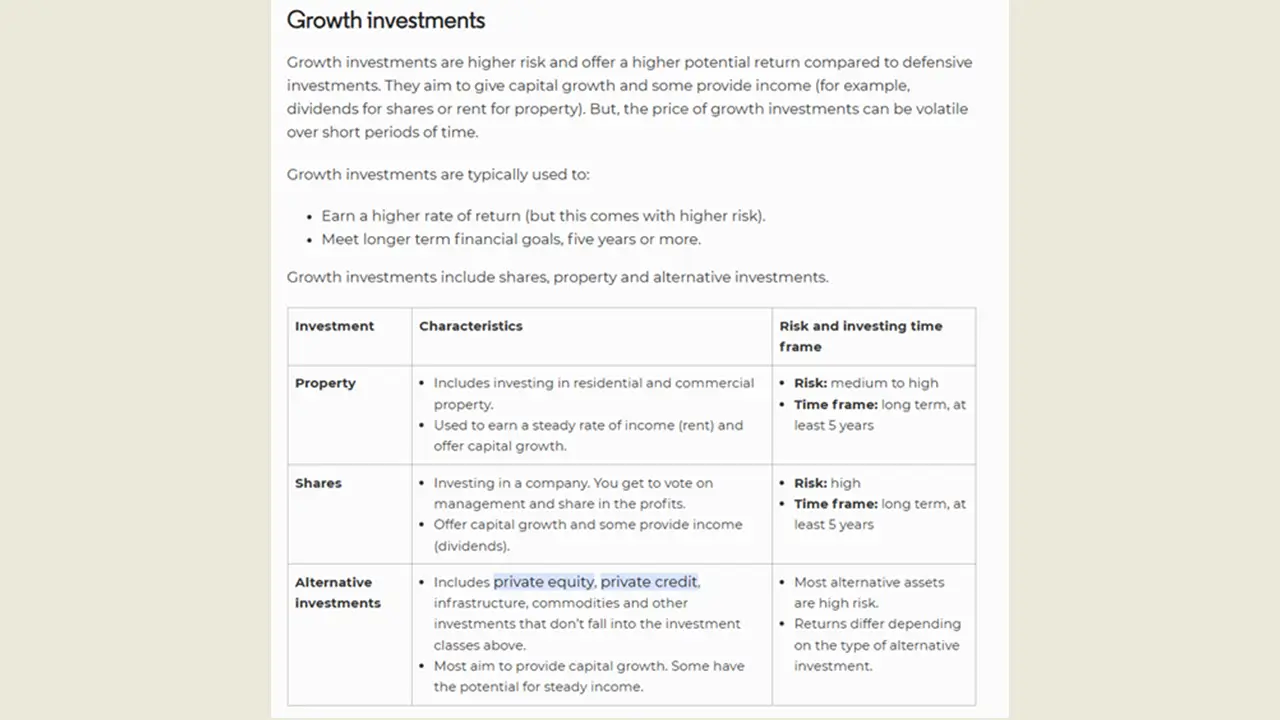Apr 3, 2025
An annuity is generally known as an income that is guaranteed and pays you for a certain number of years or the rest of your life.
However, in the recent number of years we have seen quite a bit of innovation in the “traditional annuity” space. For example, if you start an annuity with a provider with $100,000, it might pay you $5,000 for the rest of your life (all the payment amounts are dependant on your age, I.e. the older you are and closer to statistical life expectancy, the higher the payment and vice versa for the younger you are).
Some payments might be guaranteed, and others might not be in terms of they might fluctuate with investment markets. So, some years it might be positive and your payments will increase and other years it might be negative such that your payments will decrease.
Another term for an annuity that you might hear is a lifetime income stream or a fixed-term pension but regardless of what the product is called, every provider I know of in Australia is very different in how they are structured, and it is important to get specialised advice from a licensed financial planner around this.
My own views as to why we are seeing more annuity style products come up in the marketplace today is the government is …





